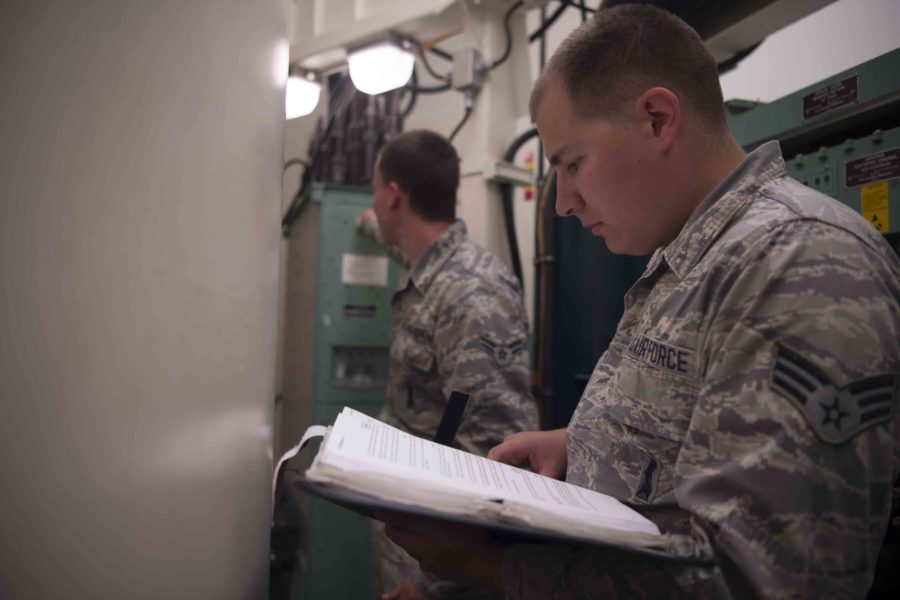Boeing announced April 1 it has delivered the first upgraded cryptography units to the Air Force to improve launch code security for the service’s intercontinental ballistic missiles.
The upgraded units improve encryption for the codes as well as security by eliminating the need for in-person code changes at the approximately 400 remote missile alert stations, Boeing said in a release.
“Currently, these routine code changes require a team to travel to each launch facility and each change can take upwards of seven days to complete,” said Ted Kerzie, director of Boeing’s Strategic Deterrence Systems, in the release. “This upgrade eliminates the need for travel and reduces the amount of staff, resources, and time needed down to just a few hours.”
The ICBM Cryptography Upgrade II “will increase security during code changes by reducing the frequency of open sites by 75 days annually while reducing associated labor costs,” according to USAF budget documents.
The Air Force has allocated $170.5 million for the program, with procurement expected to last through 2023 and full operational capability scheduled for the second quarter of 2024. It is an upgrade to the Data Transfer Unit system, which was installed in 2017 at ICBM sites, replacing legacy cartridge systems in the alert stations.
